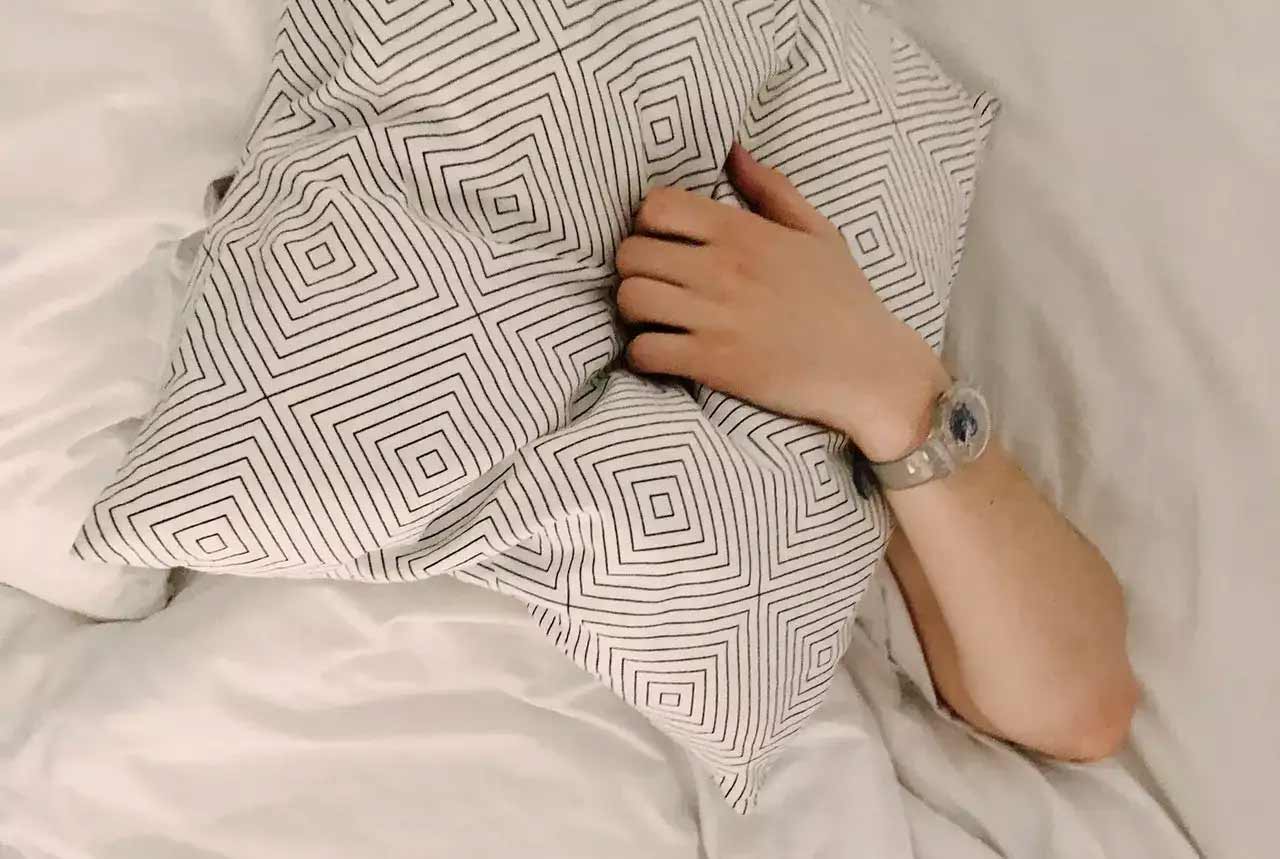We all toss and turn at night from time to time. Most people experience symptoms of insomnia at some point in their lives. In fact, 1 in 3 people suffer from mild insomnia.1 There are many reasons why we struggle to fall asleep; the awkward meeting we had at work that is still bothering us, the “low bank funds” email we received after our Starbucks run, or the leak that won’t stop dripping in the kitchen. When your sleep suffers, so does your health. Not sure exactly how to improve your sleep or why you aren’t sleeping well? Here are three reasons why you may not be getting a great night’s rest.
1) You can’t put your phone down
We carry our phones with us everywhere we go. Can you even remember the last time your phone was out of reach? Staring at your phone so often can disrupt your natural sleep cycle. The National Sleep Foundation states, “The blue light emitted by screens on cell phones, computers, tablets, and televisions restrain the production of melatonin, the hormone that controls your sleep/wake cycle or circadian rhythm.”2 In addition, sleeping with your mobile phone within reach can disrupt your sleep due to middle-of-the-night texts, emails, app notifications, or calls.
2)You are too stressed out
Stress and sleep disturbances are a never-ending cycle. You lie in bed feeling stressed, which prevents you from falling asleep. Your lack of sleep releases stress hormones in the body and then symptoms of physical stress develop.3 This can continue for months, causing feelings of anxiousness around the thought of sleeping. If you aren’t sure that stress is the reason you are having a difficult time falling asleep, look for these three symptoms: tense muscles, a racing heart, and a busy mind that won’t shut off.4
3)You are secretly consuming caffeine
Most of us are familiar with caffeinated drinks such as coffee and black tea. However, caffeine can lurk in lesser known foods. Do you love to sit down at night and scoop up some of your favorite chocolate ice cream or take an Excedrin for your migraine after a long day? Drinks aren’t the only things that contain caffeine, and even prescription medications contain caffeine as an active ingredient. Watch for caffeine-containing foods such as chocolate products including ice cream, cereals, brownies, pudding, and medications for pain such as Midol and headache relievers.5,6
There are habits that you can implement in your daily routine to improve your sleep. Start by reducing stress by exercising daily, meditating before bed, or completing tasks early in the day that are keeping you awake at night. Lastly, avoid caffeine-containing foods at least 2 hours before bed, and stash your phone away an hour before you hit the pillow. A good night’s rest is the best way to keep your body healthy.

